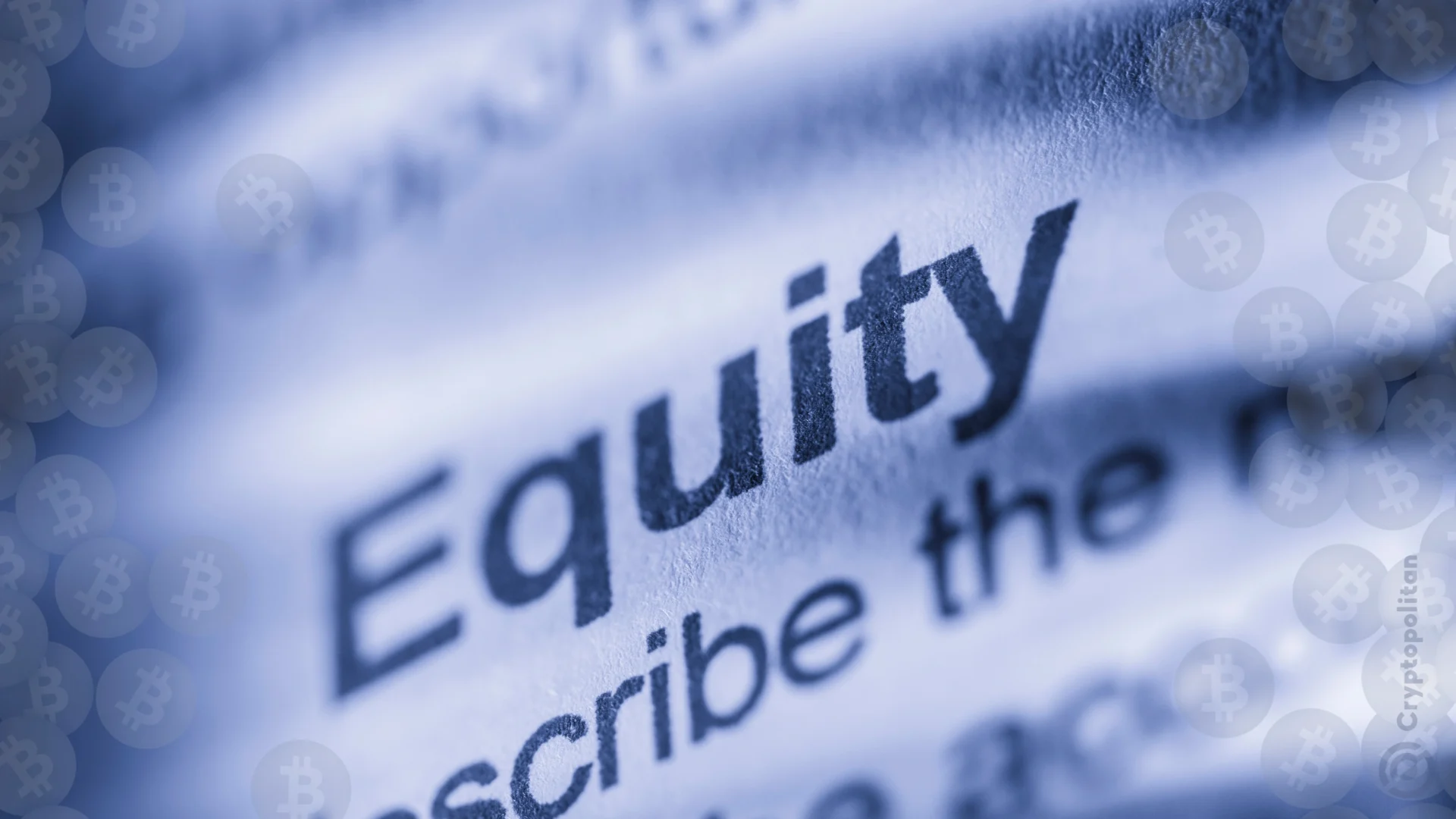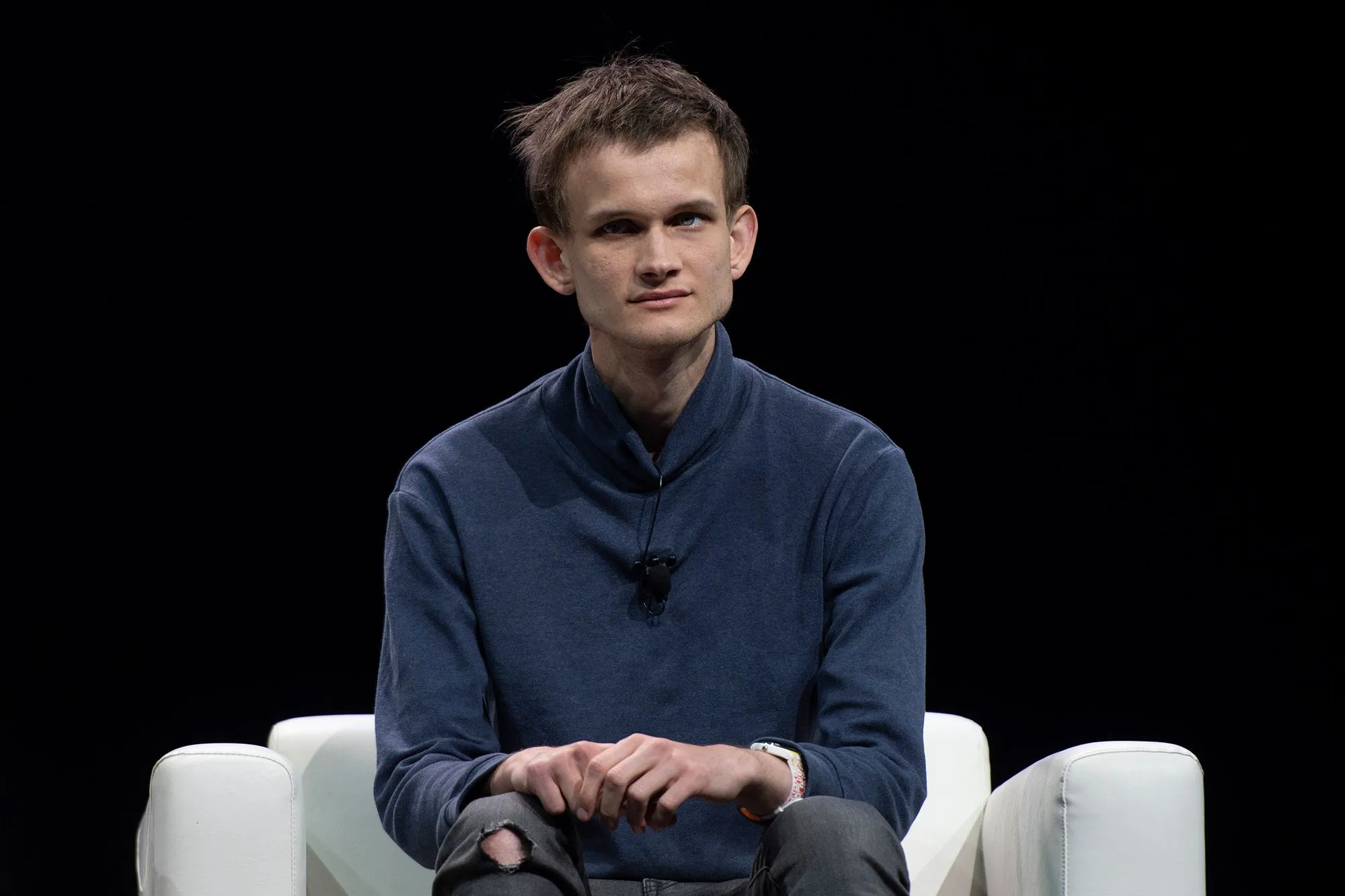In a significant development in the high-profile case against Sam Bankman-Fried, former CEO of FTX and Alameda Research, U.S. prosecutors have announced their decision not to pursue additional charges against him. The dropped charges include foreign bribery, bank fraud, and illegal political donations. This decision comes after Bankman-Fried’s conviction on seven counts of fraud and conspiracy.
Decisive move in the SBF trial
Damian Williams, the U.S. Attorney for the Southern District of New York, spearheaded the decision to forego the remaining charges. This move was clarified in a detailed letter by the prosecutors. They highlighted that evidence relevant to several dropped charges had already been presented during Bankman-Fried’s original trial. Despite this evidence not being evaluated by a jury, it will be considered during the sentencing phase.
Prosecutors emphasized the importance of a swift and just resolution of the case, opting for sentencing in March 2024 without the delays of a second trial. This approach underscores the commitment to timely justice while acknowledging the complexities of the case.
Impact and reactions
The decision to drop the charge concerning unlawful political donations has sparked notable reactions within the crypto community and beyond. Bankman-Fried’s extensive political donations, amounting to $100 million and allegedly funded by customer money, have been controversial. This dropped charge has raised questions about the transparency and accountability of political financing, especially in the rapidly evolving cryptocurrency sector.
Public figures such as Presidential candidate Robert F. Kennedy Jr. and Coinbase’s Chief Legal Officer, Paul Grewal, have expressed concerns over this development. Kennedy Jr., in his statement on X, indicated that the lack of surprise over this decision points to a deeper issue of normalized corruption. Grewal’s comments on X called this a “miscarriage of justice,” emphasizing the importance of public scrutiny in campaign finance charges.
The decision not to proceed with these additional charges means that certain aspects of the case may never be fully explored, including the alleged involvement of Thai sex workers in Alameda’s efforts to unfreeze Chinese accounts. According to testimony from former Alameda CEO Caroline Ellison, this situation led to a bribe to Chinese government officials.
As the crypto community and the public await Bankman-Fried’s sentencing on March 28, 2024, the case remains a focal point in discussions about the intersection of cryptocurrency, politics, and justice.





